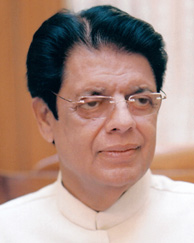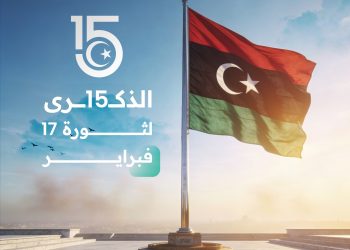By Nigel Ash.

Tripoli, 15 April 2013:
In among a raft of issues raised by India’s Minister for Foreign Affairs, E. Ahamed in . . .[restrict]his talks with the Libyan government during his three-day visit, high on his agenda will have been outstanding payments to Indian firms for projects abandoned at the start of the revolution.
Around 18,000 Indian citizens, including medical staff, teachers and other specialists were evacuated, many leaving personal property behind. Only a few have since returned, in part because until June last year, when it was partially lifted, India has imposed a block on its nationals coming back to Libya.
Other governments, in particular those of Turkey and Italy, have sought bilateral agreements with Libya to have national companies paid for work done and compensated for losses incurred when a wide range of projects had to be abandoned. It was not clear what similar assurances Ahamed received during his calls here, which included talks with Prime Minister Ali Zeidan and Oil and Gas minister Abdulbari Ali Abdel-Hadi Al-Arusi.
At a reception held this evening for Ahamed at the Indian ambassador’s residence, it was suggested that the Libyan government had reacted “very positively” to requests to pay for work already completed. It appeared that that issue of compensation had proved less clear cut. The Libyan government had shown itself anxious that New Delhi persuade its large contractors, such as Punj Lloyd, to recommit to Libya in full.
However an Indian businessman pointed out that Indian companies were in any event, very interested in securing new contracts in Libya or seeing old schemes revived that were never begun under the old regime. One such project is a major development of the infrastructure in Zuara. A contract for this work is expected to be awarded shortly to the energy, infrastructure and defence conglomerate Punj Lloyd.
Ahamed’s meeting with oil minister Arusi appears to have been particularly important with “positive” talks about cooperating in the sector. Though low-profile, Indian oil firms, including the state-owned Indian Oil Corporation and ONGC have stakes in oil and gas production here.
Before the revolution, Indo-Libyan trade had been growing strongly, standing at around $1.1 billion for the financial year 2011.
India has also engaged with Libya on both education and democracy. It has provided a range of training and education initiatives within frameworks such as the Indian Technical and Economic Cooperation Programme and the Indian Council for Cultural Relations. On the democratic front, it has an agreement to help the GNC develop the conduct of elections. [/restrict]







